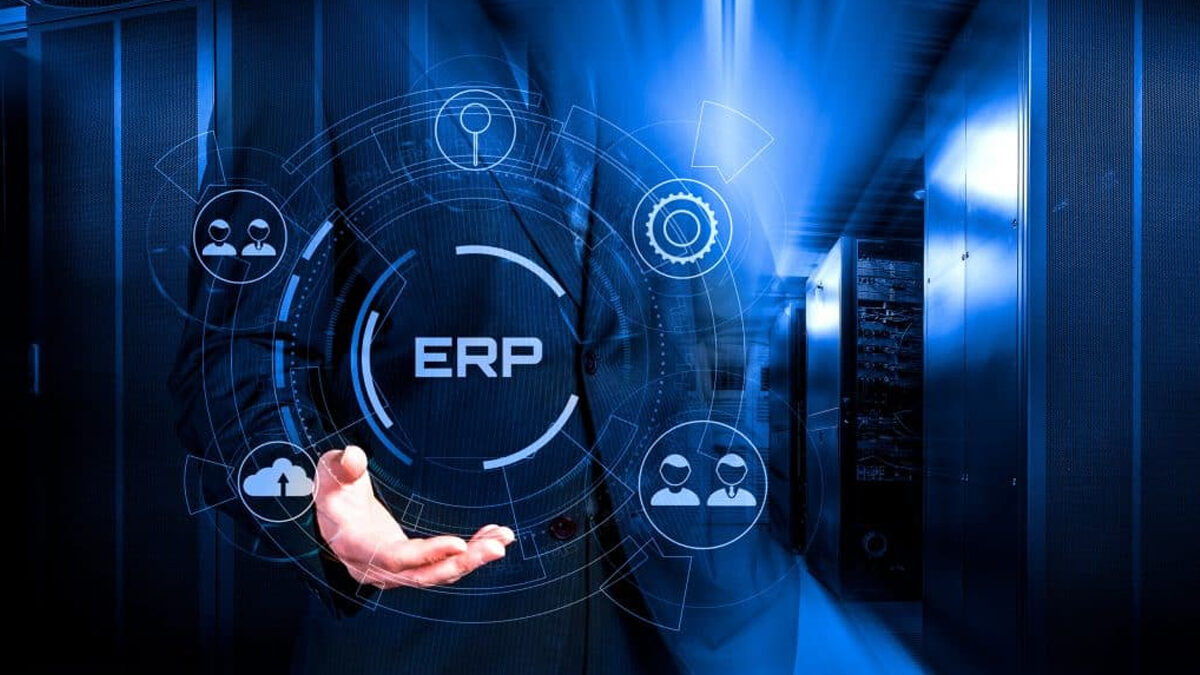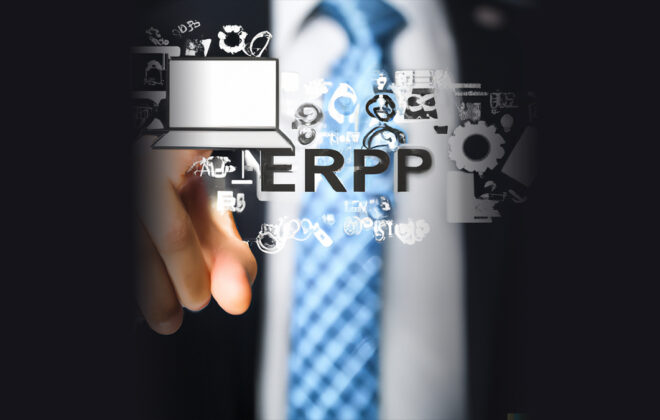What Is ERP (Enterprise Resource Planning)?
Enterprise Resource Planning (ERP) is a software system that helps organizations manage business processes related to various functions such as finance, accounting, human resources, procurement, and supply chain management. ERP systems integrate these functions into a single, unified database, allowing organizations to streamline their operations and make data-driven decisions. The goal of an ERP system is to provide a 360-degree view of an organization’s operations, improve efficiency, reduce costs, and enhance customer satisfaction.
ERP, or Enterprise Resource Planning, is a type of software system that integrates various functions of a business, including finance, accounting, human resources, procurement, supply chain, inventory management, and customer relationship management into a single, centralized system.
ERP systems are designed to provide a comprehensive view of an organization’s operations and enable businesses to automate and streamline their processes. By integrating data and processes across various departments, ERP software can help improve operational efficiency, reduce costs, and provide real-time data and insights into various business processes.
The core features of an ERP system typically include:
- Financial Management: This includes general ledger, accounts payable, accounts receivable, cash management, and financial reporting.
- Human Resource Management: This includes employee management, payroll processing, benefits administration, and performance tracking.
- Supply Chain Management: This includes procurement, inventory management, and order management.
- Customer Relationship Management: This includes sales management, marketing management, and customer service management.
ERP systems are designed to be highly customizable to meet the specific needs of an organization. They can be deployed on-premise or in the cloud and are typically accessed through a web browser or mobile device.
Overall, ERP software can help businesses gain a competitive advantage by improving productivity, reducing costs, and providing real-time insights into their operations.
ERP MODULES
Enterprise Resource Planning (ERP) systems typically consist of several modules that work together to manage various business processes. Some common ERP modules include:
- Financial management – handles financial transactions such as accounts payable, accounts receivable, general ledger, and financial reporting.
- Sales and marketing – manages the sales process from lead generation to order fulfillment.
- Procurement and supply chain management – tracks inventory levels, manages supplier relationships and handles purchase orders.
- Human resources – manages employee information, time and attendance, payroll, and benefits administration.
- Manufacturing – manages production planning, scheduling, and shop floor control.
- Customer relationship management – tracks customer interactions and provides tools for managing customer relationships.
- Project management – manages project schedules, budgets, and resources.
- Quality management – ensures products and services meet quality standards and regulatory requirements.
- Business intelligence – provides data analytics and reporting tools to help managers make informed decisions.
ERP systems often allow for customization and integration with other software applications, so the specific modules used can vary depending on the needs of the organization.
How Can ERP Improve or Help a Business?
ERP, or Enterprise Resource Planning, can help a business in several ways:
- Streamlining Processes: ERP software streamlines various business processes such as accounting, inventory management and human resources, which can help improve efficiency and productivity by reducing redundant tasks.
- Better Data Management: ERP systems provide a centralized database that allows businesses to access real-time information about their operations. This improves decision-making and helps companies to make informed choices based on accurate data.
- Improved Customer Service: ERP systems can help businesses better manage customer data and interactions, allowing them to deliver faster and more personalized service.
- Cost Savings: By automating manual tasks and providing better visibility into business operations, ERP systems can help businesses reduce operational costs and increase profit margins.
- Scalability: ERP systems are designed to grow with the business, so as the business expands, the system can easily adapt to handle new requirements and workflows.
Overall, ERP systems can help businesses become more efficient, productive, and profitable by providing a comprehensive view of their operations and streamlining critical business processes.




